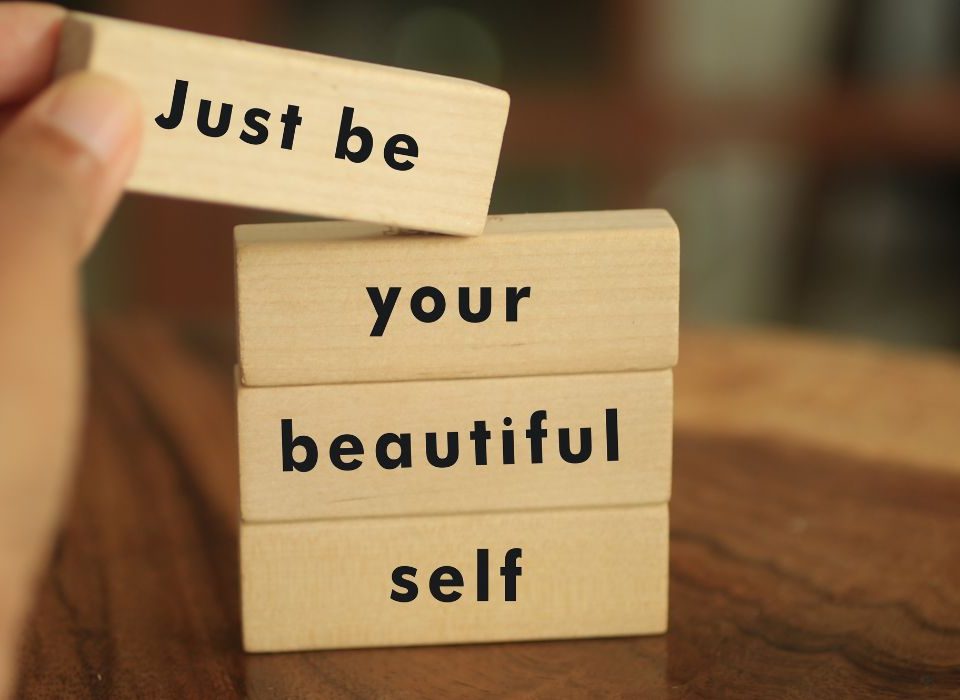
Overcoming Social Anxiety and Getting a Job: You Are Capable!
May 2, 2025
Understanding What Causes PTSD: Breaking Down the Roots of Trauma
May 16, 2025
Watching someone you care about struggle with anxiety and panic attacks can leave you feeling helpless. You might wonder, “How do I help someone with anxiety?” or “What are the best things to help anxiety and panic attacks?” Your presence, patience, and understanding can make an enormous difference — even if you can’t take the anxiety away completely.
When someone you love is battling intense worry, fear, or sudden panic, it’s easy to feel overwhelmed yourself. But there are ways to offer meaningful support to ease their burden, strengthen your relationship, and remind them they aren’t alone.
Understand Before You Act
One of the first steps in learning how to help someone suffering from anxiety is to understand what they’re going through. Anxiety isn’t just “worrying too much,” and panic attacks aren’t simply overreactions. These experiences can feel physically and emotionally paralyzing, causing symptoms like rapid heartbeat, dizziness, shortness of breath, and a terrifying sense of losing control.
Educating yourself about anxiety disorders, panic attacks, and how they affect the body and mind will help you respond with empathy rather than judgment. Sometimes, your loved one needs most simply someone who believes them and validates their experience.
Be a Steady Presence
When panic or anxiety strikes, you don’t have to “fix” the situation. Offering immediate solutions or telling someone to “calm down” can often backfire, making them feel misunderstood or pressured.
Instead, be a steady, calming presence. Stay with them (if they want company), speak softly and reassuringly, and remind them that they’re safe. Simple affirmations, such as “I’m here with you” or “This feeling will pass,” can be far more powerful than trying to reason them out of their emotions.
When you’re considering how to help someone with anxiety, remember that being there, not doing something, is often the greatest gift.
Encourage Grounding and Coping Techniques
While you can’t stop a panic attack for someone, you can remind them of things to help with anxiety and panic attacks. Many people use grounding techniques to reconnect to the present moment, such as:
- Taking slow, deep breaths together.
- Naming five things they can see, four they can touch, three they can hear, two they can smell, and one they can taste.
- Focusing on the feeling of their feet on the ground or their hands on their lap.
Ask your loved one beforehand what coping strategies work best for them. This way, when anxiety strikes, you’ll know how to support them without guessing or making the moment more overwhelming.
Respect Their Needs
Everyone experiences anxiety differently, and what feels supportive to one person may feel smothering to another. Some people appreciate a comforting hug during a panic attack; others need personal space.
If you’re unsure, it’s always okay to ask: “Would you like me to stay with you?” “Is there anything I can do right now that would help?”
Learning how to help someone suffering from anxiety means tuning in to their cues and respecting their boundaries. Your flexibility and willingness to adapt to their needs will make a lasting difference.
Encourage Professional Help (Without Pressure)
While your support is invaluable, you are not a substitute for professional help. If your loved one’s anxiety or panic attacks are interfering with their daily life, gently encouraging therapy can be one of the best things to help anxiety and panic attacks long-term.
Approach the topic with sensitivity. Instead of suggesting they “need help” or implying they’re broken, you might say:
“You don’t have to handle this alone. Some people specialize in helping with anxiety,” or “I’ll support you if you want to find someone to talk to.”
Offer to help research therapists, drive them to their first appointment, or listen as they discuss their feelings about seeking help. Empower them without forcing them.
Practice Patience
Anxiety doesn’t follow a straight line of recovery. Some days will be better than others. Your loved one might seem fine in one moment and overwhelmed in the next. This unpredictability can be frustrating, but your patience sends a powerful message: they don’t have to be “perfect” to be loved.
Supporting someone with anxiety often means riding the waves with them. Celebrate small victories. Be understanding during setbacks. Remind them that healing is a journey, not a destination.
Take Care of Yourself, Too
Caring for someone with intense anxiety can be emotionally draining at times. You must prioritize your well-being to show up for your loved one in the best possible way. Make time for activities that recharge you. Consider consulting a therapist if you need to. Establish healthy boundaries to safeguard your emotional well-being.
Supporting someone you love doesn’t mean sacrificing your mental health. By staying grounded and resilient yourself, you model healthy coping and will be better able to offer consistent support.
Get Help For Your Loved One Today
Learning how to help someone suffering from anxiety is an act of compassion. It’s not always easy, and it can leave you wondering if you’re doing enough. However, your willingness to stay, listen, and care has a greater impact than you may ever realize.
When you wonder how to help someone with anxiety, remember: You don’t need perfect words or expert advice. You need a heart willing to walk beside them through fear, struggle, and hope.
There are many things to help anxiety and panic attacks, but sometimes, the most important thing is simply the knowledge that someone cares and isn’t going anywhere.
_________________________________________________________________________________
Looking for treatment for an eating disorder, anxiety, depression, trauma, or postpartum mood disorder?
Evolve Counseling Services is a specialized team of Licensed Therapists providing treatment in Paoli.



